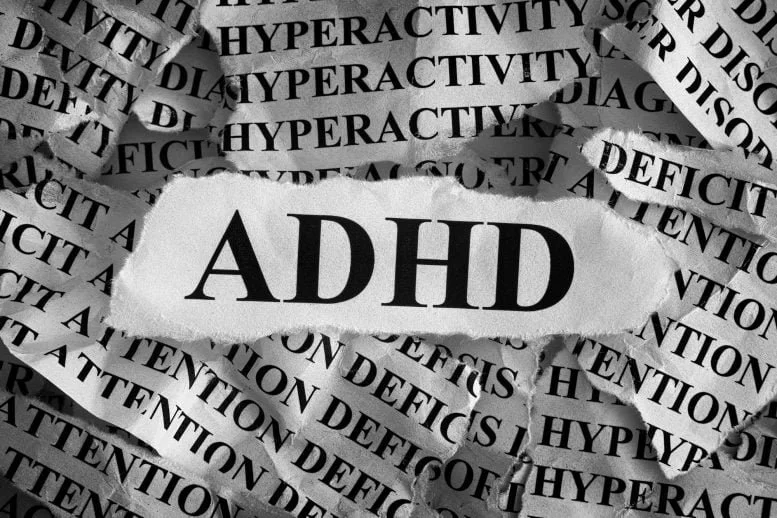


10 Best Podcasts to Listen to If You Have ADHD
Podcasts aren't just great entertainment to listen to during your daily commute or while doing housework, they can also be a powerful learning tool. If you’ve been diagnosed with attention-deficit/hyperactivity disorder (ADHD) and you like podcasts, you might be pleasantly surprised to know that there are several great ADHD podcasts out there.

Benefits of Habit Stacking for ADHD
Starting a new habit (or changing an old one) isn't easy. Fortunately, there are things that you can do to make the process a little easier. Habit stacking is one kind of genius tactic that works wonders. It involves pairing the new habit you want to establish with one that you already have. By "stacking" them together, you create an association that makes it a little easier to make them stick.

Adult ADHD: Overdiagnosed? Or finally getting the attention it deserves?
15 million U.S. adults say they have a diagnosis of attention deficit hyperactivity disorder. But some experts worry that ADHD can be overhyped and that too few doctors are prepared to treat a condition that was long considered an issue only for kids.

ADHD in WomenADHD Symptoms, Treatment, and Support for Women
Attention deficit hyperactivity disorder (ADHD) can look different in adult women and adolescent girls, making it harder to diagnose. But there are ways to cope with symptoms and overcome the unique challenges.

Beyond Inattention: How ADHD May Be Affecting Your Life
Having ADHD often means you struggle with the ability to set limits on your behavior (like eating). What’s more, ADHD often lowers your level of dopamine, the hormone involved in your brain’s pleasure center.

Women diagnosed with ADHD as adults open up about the life-changing event
ADHD is most commonly diagnosed in children, but in recent years a growing number of women have been diagnosed as adults. It's a life-changing diagnosis that comes at a time when doctors are gaining a new understanding of how ADHD appears differently in girls and women.

25% of adults think they have undiagnosed ADHD, survey shows. A doctor shares what to know.HealthWatch25% of adults think they have undiagnosed ADHD, survey shows.
ADHD, or attention deficit hyperactivity disorder, could be more common in adults than we realize.
The Centers for Disease Control and Prevention estimates that about 15.5 million U.S. adults have received a diagnosis of ADHD at some point in their life. But according to a new survey from The Ohio State University Wexner Medical Center and College of Medicine, about 25% of American adults suspect they have undiagnosed ADHD, and only about 13% have shared their suspicions with their doctors.

How to recognize ADHD in women
Although attention deficit hyperactivity disorder (ADHD) does not discriminate — people assigned female or male at birth can both have it — diagnosis often does. And while young boys are the group most likely to receive — and be treated for — an ADHD diagnosis, it very commonly goes unrecognized in girls.

Struggling with attention and organization as you age? It could be ADHD, not dementia
As we get older, occasional forgetfulness may become more worrisome. Is this the start of dementia, or are we just stressed? Has the loss of structure due to retirement led to this change? Or could we be suffering from another illness, maybe the same illness as our son or granddaughter, who also struggle with attention and organization?

ADHD and Memory: What to Know
ADHD (attention deficit hyperactivity disorder) is a cognitive condition that is usually diagnosed during childhood. The American Psychiatric Association estimates that 8.4 percent of children and 2.5 percent of adults have ADHD.